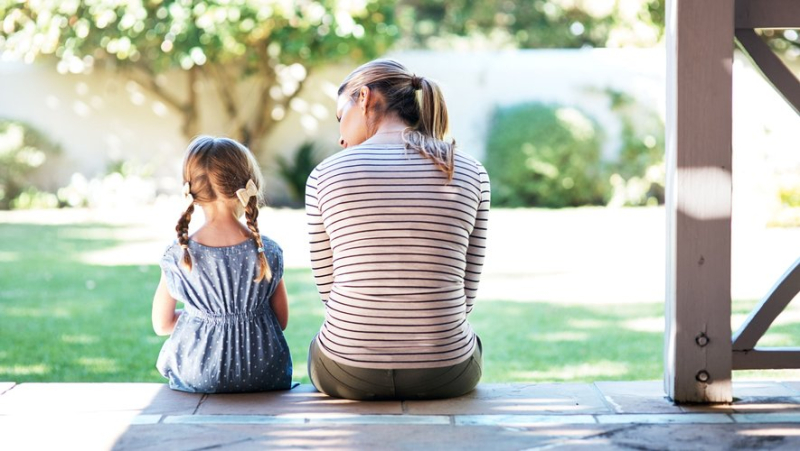What are “lighthouse parents”, these fathers and mothers who enlighten their children, without overdoing it ?

“Lighthouse parenting” encourages parents to give children more freedom in their choices and actions. shapecharge/Getty Images
We have heard of “chicken” or “helicopter” parents, both of whom tend to be overprotective. But this very cautious parenting is criticized by some specialists, who believe that it can be harmful to the child's emotional development. They prefer “lighthouse parenting”, a parenting model that promotes autonomy more.
The term “lighthouse parenting” was coined by Dr. Ken Ginsburg, a pediatrician specializing in adolescent medicine. He theorized it in the book “Raising Kids to Thrive: Balancing Love With Expectations and Protection With Trust” (American Academy of Pediatrics, 2015). In it, he explains that parents should serve as a lighthouse for their offspring. “We need to make sure they don't crash against the rocks, but trust that they can learn to ride the waves on their own,”, he writes.
This educational model encourages parents to give children more freedom in their actions, while clearly indicating the limits that should not be transgressed. Because helping a child to gain autonomy does not mean letting them do anything and everything. Children need to be guided and supported in their choices and questions, without negative judgment or preconceived ideas. “By being there to support and guide [your children], without solving problems for them, you give them the impression that they have the tools they need to face life's difficulties”, American psychotherapist Joe Farrell told Parents magazine.
So, when the child leaves the family nest, he will be able to demonstrate adaptability. Unlike his peers who were overprotected during their early years. In a study published in 2019, a research team from Florida State University found that students who had helicopter parents are more likely to experience academic burnout than those who had a less controlling upbringing.
Specialists agree that parental overprotection is detrimental to child development. Adolescents and young adults who have always been overly coddled by their parents have more depressive and anxiety symptoms, as well as psychosocial difficulties.
Letting go to be a better parent
One might imagine that all of these facts would be enough to discourage parents from becoming “hyperparents” who overinvest in their child's life to ensure their absolute well-being. Well, no. A survey conducted by Morning Consult on behalf of the New York Times tells us that 74% of American parents have already made appointments, including medical appointments, for their adult child.
This tendency toward overprotection is explained, in part, by the pressure on parents to ensure the safety, success, and happiness of their offspring. Social media, and the culture of comparison that it promotes, play a large part in this.
To relieve parents, the “lighthouse parenting” model advocates letting go.“I understand the desire to be very involved and to want to know every ins and out of your child's life. But as they get older, they need to have their own lives. So as they get older, parents gradually step back,” psychotherapist Joe Farrell tells Parents. Like any parenting style, “lighthouse parenting” isn't right for every family. Some children need more attention than others, and will thrive better in a strict, but not authoritarian, environment.
On the Internet, some people are amused by the proliferation of terms about parenting. Helicopter parents, bulldozers, tigers, snowplows, and now lighthouses… The list continues to grow, which attests to the enthusiasm for everything related to child rearing. But when it comes to the latest buzzword (“lighthouse parenting”), those involved are pretty cagey.
“My husband (who isn't on social media) came across an article about [“lighthouse parenting”] and shared it with me with the following comment: “…so it's just being normal parents ??'”,” one mom wrote on the Reddit forum. Maybe parents should give up on the idea of being perfect in an imperfect world, and just do the best they can.




